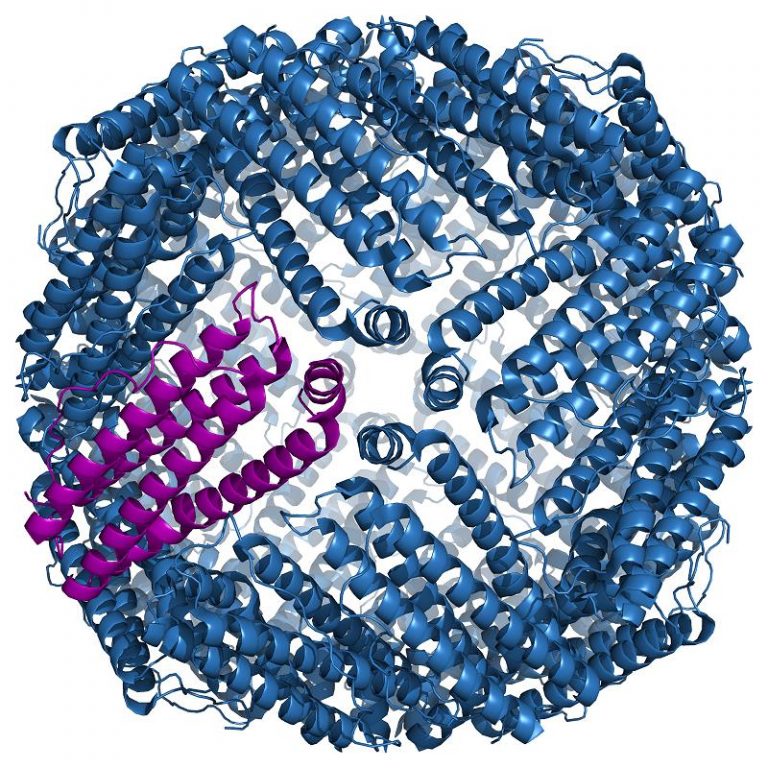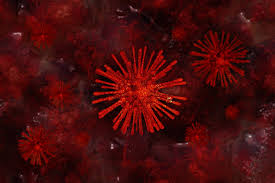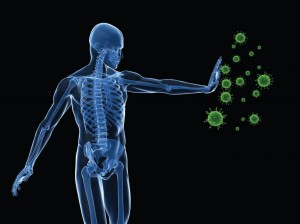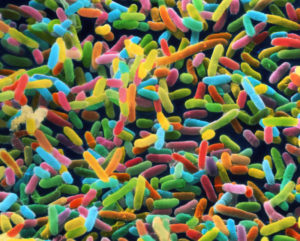Protein kinases usually propagate signals by phosphorylating substrate molecules. Goncharov et al. find a different mechanism for the protein kinase RIP2 (receptor interacting protein 2) in inflammatory signaling. RIP2 acts in the innate immune system to signal the detection of bacterial infection. The authors found that inhibitors of RIP2’s protein kinase activity prevented signaling not by reducing autophosphorylation (no other substrates for the kinase are known) but rather by inhibiting interaction of RIP2 with the ubiquitin ligase XIAP (x-linked inhibitor of apoptosis). Ubiquitination of RIP2 by XIAP was in turn required for proper signaling. This unusual mechanism, whereby dimerization of RIP2 appears to alter protein interactions rather than kinase activity to propagate a signal, could provide a therapeutic target for inflammatory diseases in which such signaling is inappropriately activated.







